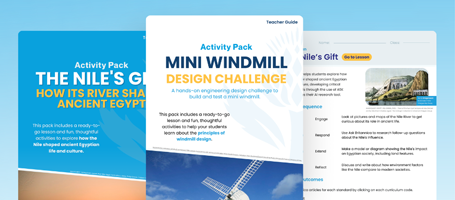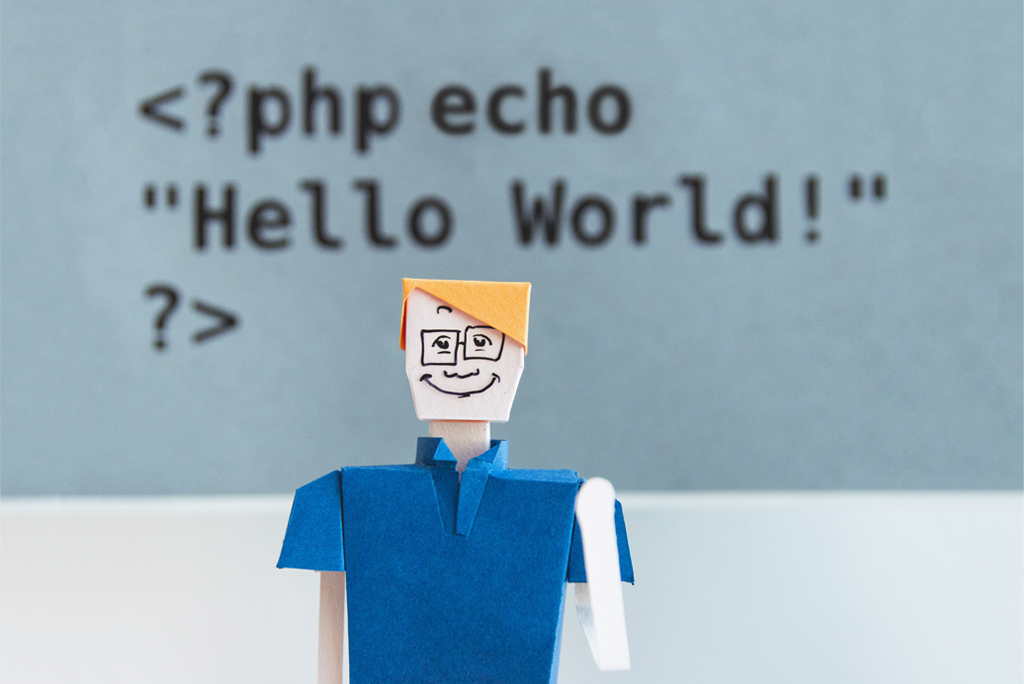In a multi-part podcast series with Eduvate, the Britannica global experts share their thoughts on navigating the transition to digital learning and how best to future-proof students against the unpredictability of life after school in the digital age.
Click to Tune In
The more knowledge that technology allows us to search and access, the more important becomes deep understanding and the capacity to make sense out of content.
The growing digitisation of our world has opened up the floodgates of knowledge.
But just as we as individuals are now empowered by technology to construct, build upon, search and access an expanding archive of just about anything, the darker implications of this content free-for-all is that the permeation of questionable information has become a very real threat.
“We are conditioned now to let the technology choose the path for us,” says Britannica CEO Karthik Krishnan in “Knowledge Dilution—Clear and Present Danger,” a recent keynote for the IC3 Conference in Mumbai. “The truth is somewhere out there. We still need to seek and find it.”
For this generation of students, the shifting nature of knowledge has a lasting impact well beyond the school gates.
In a world disrupted by the volatile forces of technology, the shrinking shelf-life of any one piece of knowledge has led to “what you know” becoming a commodity of diminished value in the job market. The rapid pace of technological progression means that jobs – and the knowledge they require – are now far from static.
A 2016 World Economic Forum report on the Future of Jobs found that “In many industries and countries, the most in-demand occupations or specialties did not exist 10 or even five years ago.”
To hammer the point home?
By one popular estimate, 65% of children entering primary school today will ultimately end up working in completely new job types that don’t yet exist.
This isn’t to discredit the value of education – it only reinforces the important role that schools play to ensure students continue to be competitive well after they graduate – but serves to highlight the need for educators to move away from dictating “what you know” and toward arming students with “how you find out”, not least of which includes the ability to derive meaning, question bias and untangle fact from fiction.
The effect of technology on the post-school landscape does not stop at the consumption of information.
As technology enables the collapse of physical and cultural boundaries, educator groups in the Asia Pacific region are calling to attention the importance of producing graduates with the ability to comprehend and function in a connected world.
Singapore has committed to nurturing their students’ abilities “to connect with people from different backgrounds…to give them a competitive edge in engaging regional counterparts and thrive in a globalised world.”
In a similar shift, the 2018 Gonski Report has identified “Equip[ping] every child to be a creative, connected and engaged learner in a rapidly changing world” as one of three priorities to improving the effectiveness of education in Australia.
Educators are challenged to engage students in collaborative experiences within the classroom and into the wider global community, giving this generation of learners an edge to navigate in an increasingly fluid and competitive job market.
The Britannica – Eduvate Series:
For many years, Britannica has been at the forefront of bridging the transition from traditional knowledge to learning in a digital world.
In this fascinating podcast series by Eduvate, the Britannica team shares their thoughts on how to navigate the changing nature of information and technology, and future-proofing students against the unpredictability of life after school in the digital age.
Episode 1: The Future of Learning – Leah Mansoor (Senior VP of Britannica Digital Learning)
“It’s not about what you learn, but how you learn.” Leah Mansoor, Senior Vice President of Digital Learning at Britannica, outlines how students can equip themselves for a future that involves artificial intelligence, robotics, and constant change.
Episode 2: With Hannah Creelman (Head of Training and Development for Britannica in Sydney, Australia)
Hannah explores outreach from the perspective of Australasia, including work with the indigenous population. She emphasises how fact-checked information empowers young people on the move from education into work and how they can transfer learning tasks from school into future employment.
Episode 3: With Darcy Carlson (Director of Education Consultants for Britannica in Chicago, USA)
Darcy discusses Britannica’s pioneering educator outreach program in the U.S., information literacy and reinventing the concept of the encyclopedia.
More Educator Resources
Sign up with your email for more free resources from Britannica.
Contact us for a quick demo or get started free on any of Britannica’s resources.

